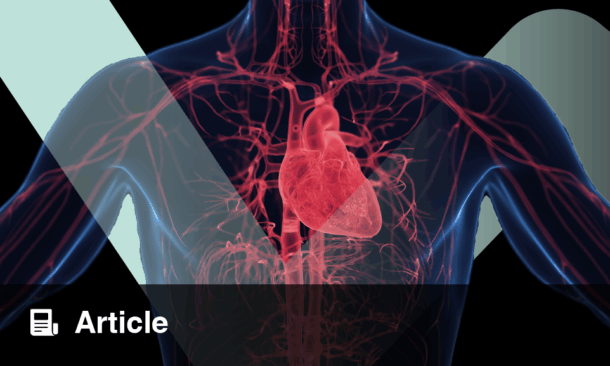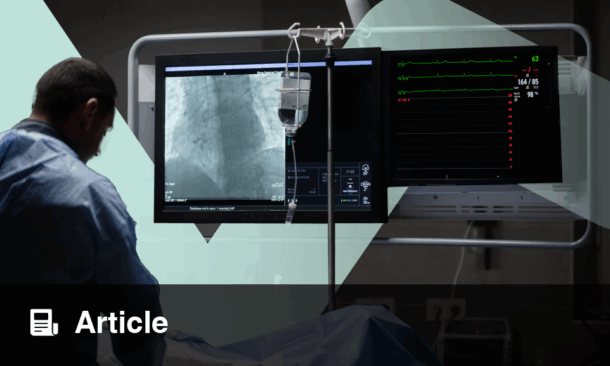ABSTRACT
Tricuspid regurgitation (TR) is associated with right-heart venous congestion and reduced forward stroke volume, which contributes to renal dysfunction among patients with heart failure, and leads to perturbations in hepatic function, through so-called cardio-hepatic syndrome. Transcatheter edge-to-edge tricuspid valve repair (TTVR) for severe TR has emerged as a treatment option for patients ineligible for cardiac surgery. This study assessed the impact of TTVR on liver and kidney functions.
All patients undergoing tricuspid repair using the edge-to-edge repair technique (MitraClip®; Abbott Vascular, Santa Clara, California, USA) between March 2016 and June 2018 at Munich University Hospital, Munich, Germany, were included in the study. Kidney function was assessed using the estimated glomerular filtration rate (GFR). Patients requiring renal replacement therapy at baseline were excluded from the follow-up kidney function analysis. Liver function was assessed using aspartate transaminase (AST), alanine transaminase (ALT), gamma-glutamyl transpeptidase (gamma-GT), and bilirubin levels. Abnormal values were defined according to international standards as AST level >40 units per liter (U/L), ALT level >56 U/L, gamma-GT level >48 U/L, and bilirubin level >1.2 mg/dL.
Over the study period, 126 patients underwent TTVR for severe TR. Their mean GFR was 52.5 ±25.1 mL/min/1.73m², and 3 patients were on dialysis. They presented abnormal liver function with abnormal gamma-GT (251.8 ±275.0 U/L) and bilirubin (1.8±1.5 mg/dL) levels, while mean AST (43.8±23.7 U/L) and ALT level (26.2±30.5 U/L) were normal. Among patients who survived at 6-months, renal function tests remained stable, including among patients with moderate-to-severe chronic kidney disease (50 patients: mean GFR: 37.5 at baseline versus 40.1 mL/min/1.73m² at 6 months; p=0.39). Regarding liver function, a significant improvement was only observed in ALT level (30.7 U/L at baseline versus 24.9U/L at 6 months; p<0.001). When considering patients with abnormal liver function at baseline, improvement was also observed in terms of AST and bilirubin, with a reduction in AST level from 50.5 U/L to 39.9 U/L (p=0.02), and a reduction in bilirubin level from 1.8 mg/dL to 1.5 mg/dL (p=0.03). There was no significant decrease in gamma-GT levels over the study period.
In conclusion, TR reduction by TTVR was associated with an improvement in liver function, mainly among patients with abnormal liver function at baseline, while kidney function remained stable. Accordingly, TTVR is an attractive option for patients presenting with severe TR and kidney or liver dysfunctions, who are at even higher surgical risks compared with patients who have normal kidney and liver functions.








